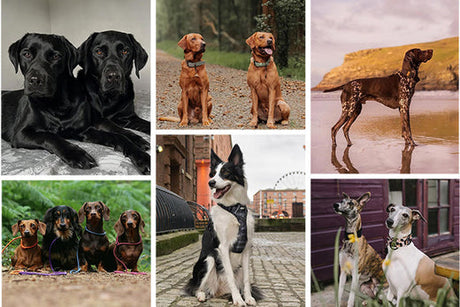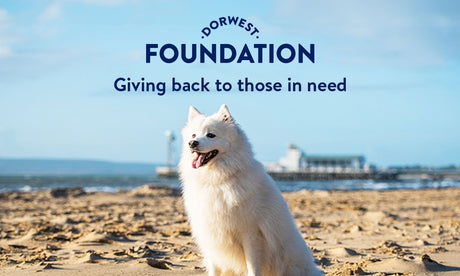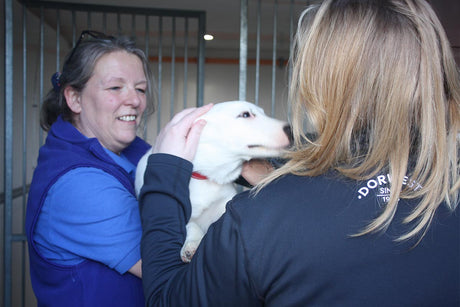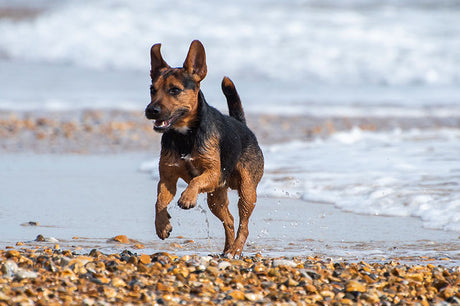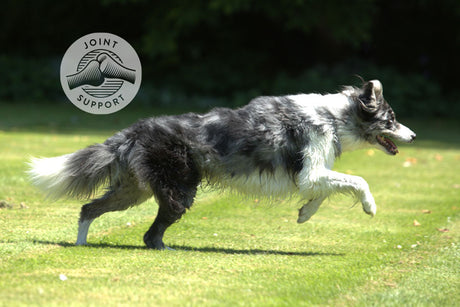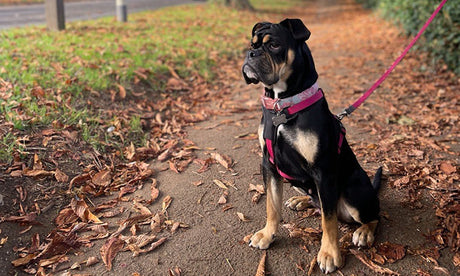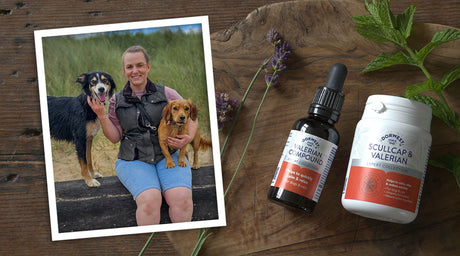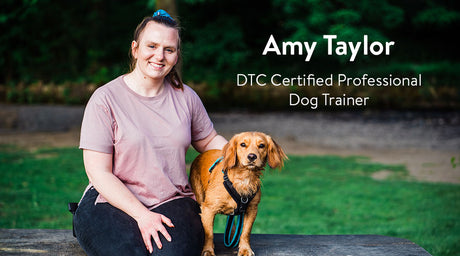Helping your pet through the firework season.
Is it too late to do anything to help your dog or cat now that the season is upon us? It may be that you didn’t realise that they would be affected until the first bangs and whizzes exploded outside your home. Even a pet that hasn’t previously been bothered about firework noise can suddenly become fearful.
 First of all, do not panic. There are still plenty of things you can put in place, to support your adorable friend.
First of all, do not panic. There are still plenty of things you can put in place, to support your adorable friend.
A call to your Vet is a priority, since they can advise you immediately on your pet’s care and can give you important support
Check that your dog or cat’s microchip is up to date and that they have a suitable collar and identity tag. For dogs, proper visible identification is a legal necessity in any case, so don’t just rely on their microchip! The most likely person to find your pet if they bolt in fear will be a neighbour, meaning that a collar tag helps them contact you easily.
Your dog will need to get exercise to help occupy them and to boost their mood, so walk them early in the day and as much as possible so that they are nicely worn out by the evening. If your dog is reluctant to leave the house, don’t force it. Play active games in the house and garden instead.
Decide if your pet really needs to stay at home. Some cope best in a familiar place in spite of the noise, but for those that really are distressed, or if your house is near a large display, you might be able to book your pet into a quiet boarding kennels or cattery or, send them for a little holiday to stay with family or friends away from built up areas. I know one client who bundles her dogs into her car, packs treats for them, a picnic and hot drink for herself, and takes them out for the evening!
If you are better off at home, find an area that is as quiet as possible and make yourselves comfortable. Use blankets and duvets to mask any sound around the bottoms of doors, or they can act as makeshift blackout curtains if your rails are strong enough. If your pet likes to hide, allow this (unless they would be unsafe in their hiding place).
 Put the TV on, and add in radios or TV in other rooms tuned to differing channels. Anything that can blunt the staccato noises and high pitched whizzes from outside will help.
Put the TV on, and add in radios or TV in other rooms tuned to differing channels. Anything that can blunt the staccato noises and high pitched whizzes from outside will help.
Finally, be there for your pet. Try to ‘jolly’ your pets through the experience as much as possible with fun, food and games. Stay calm and happy yourself and let them cuddle you if they like. They won’t panic if you don’t, and who doesn’t love a snuggle when we are feeling scared?
Karen Wild is a Certificated Clinical Animal Behaviourist and author of ‘Being a Dog’, her new book uniquely written from the dogs point of view. www.karenwild.co.uk
